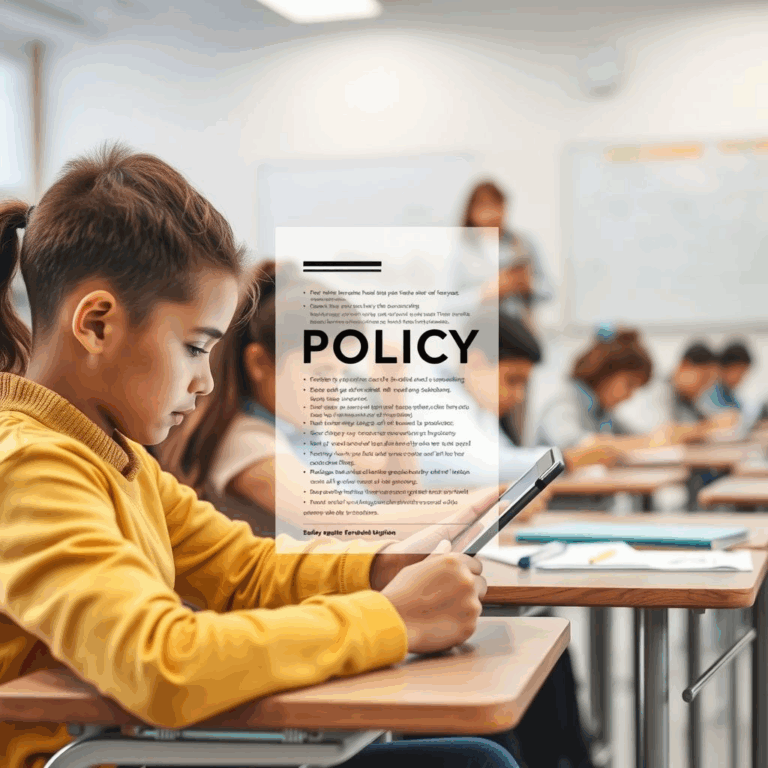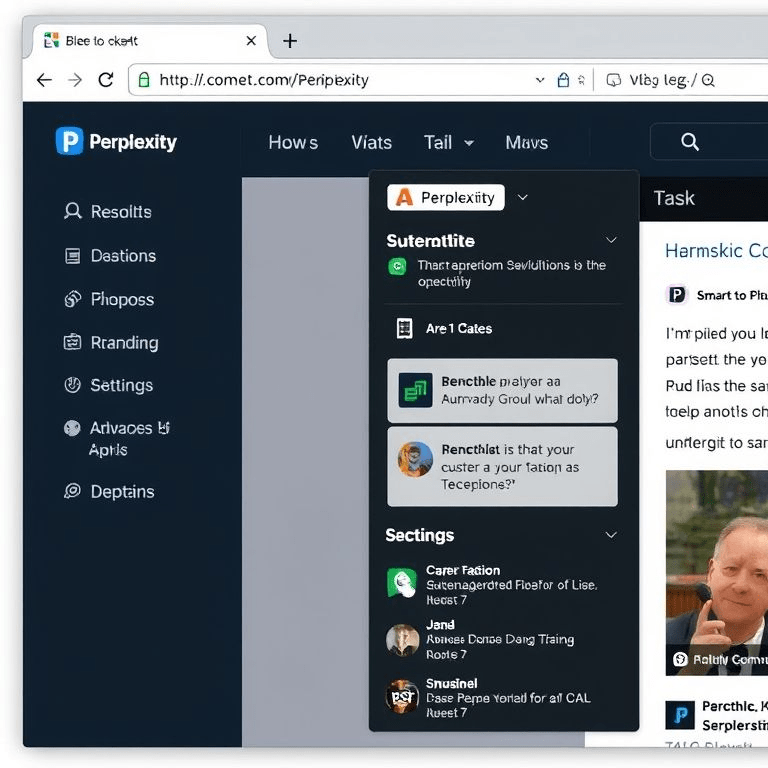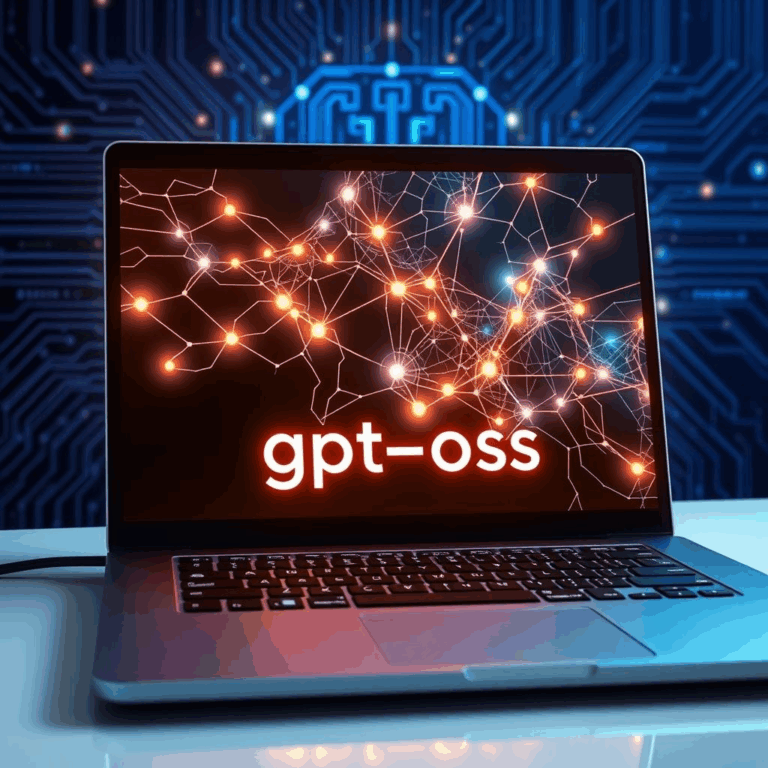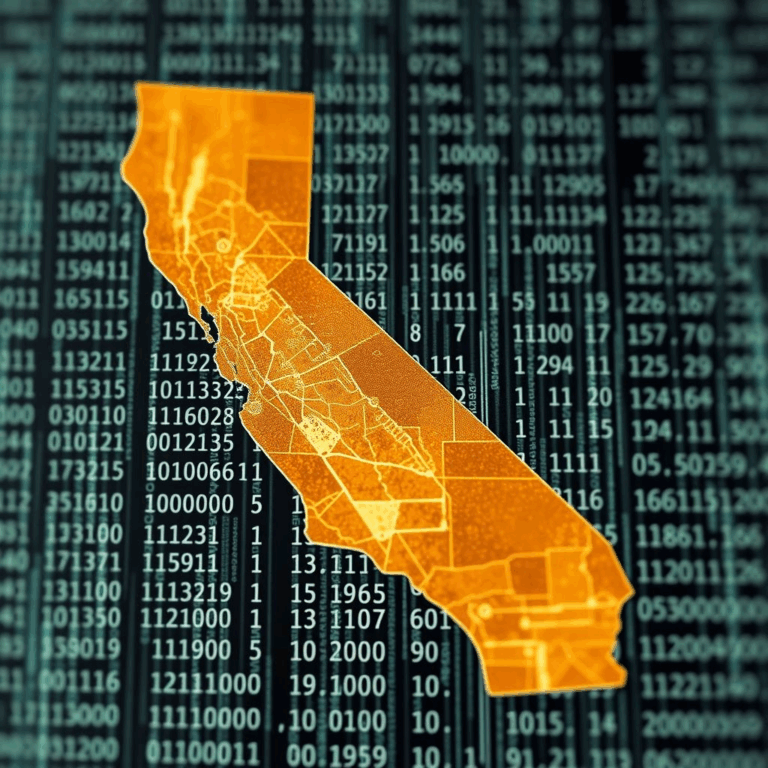A Revolutionary Step in Education
In Northern Virginia, a private elementary school has launched one of the most radical education experiments of the decade: an AI-driven school model that operates entirely without licensed teachers. Alpha School, designed for kindergarten through third grade, charges an eye-catching $65,000 annual tuition. Instead of traditional educators, the institution relies on AI-powered adaptive learning apps and minimally trained “guides” to supervise children.
The model is hailed by some as the future of personalized learning, while others warn of deep risks to childhood development and equity in education.
Why It Matters: The Evolution of AI in Classrooms
Artificial intelligence has been steadily reshaping the educational sector for years. Adaptive software such as DreamBox, Duolingo, and Khan Academy’s AI Tutor already customize lessons based on individual student progress. However, Alpha School pushes this concept further by removing licensed teachers altogether.
Education researcher Dr. Linda Martinez of Georgetown University notes:
“AI in classrooms was initially designed to assist teachers, not replace them. Alpha’s decision to eliminate traditional educators entirely is unprecedented at this scale.”
The model is seen by many as a litmus test: if successful, it could spark a wave of AI-first institutions across the United States and beyond.
How Alpha School Works
Alpha School students spend two hours daily using AI-driven applications that adapt to their learning styles and performance in real time. The software tracks metrics such as response speed, mastery of concepts, and even attention span. After AI-led instruction, children participate in hands-on workshops — from robotics to financial literacy — facilitated by classroom “guides.”
These guides are not certified teachers but function as supervisors and facilitators, ensuring students remain on task and mediating peer interaction. Founders argue this keeps costs lower while letting AI handle the teaching.
The Philosophy Behind the Model
Alpha School was founded by entrepreneur MacKenzie Price and receives backing from billionaire investor Bill Ackman and other school-choice advocates. The founders claim the traditional school system is outdated, rigid, and unable to customize learning to each child’s pace.
Price stated during the launch:
“Every child learns differently. Our AI-driven school model ensures that no student is left behind or held back. AI adapts instantly in ways human teachers cannot.”
Reactions: Supporters vs. Critics
The school has drawn strong responses from educators, parents, and policymakers.
Supporters praise the flexibility:
- Children move through curriculum at their own pace.
- AI eliminates inefficiencies like rigid lesson plans.
- Parents appreciate the integration of financial and tech skills at early ages.
Critics, however, raise red flags:
- Lack of trained educators: Without certified teachers, developmental and social skills could suffer.
- Equity concerns: With a $65,000 tuition, the model is accessible only to wealthy families.
- Data privacy: AI apps collect sensitive data about children’s performance, attention span, and even behavioral patterns.
Virginia’s Education Association expressed skepticism, warning that “AI cannot replace the emotional intelligence, mentorship, and role modeling that real teachers provide.”
National Implications: A School Choice Debate
The AI-driven school model lands squarely in America’s heated debate over school choice. Advocates argue private experiments like Alpha push innovation, while critics warn of a two-tier system where wealthy students get cutting-edge tools and others are left in underfunded public schools.
Policy analyst Rachel Conway explained:
“What happens in Virginia won’t stay in Virginia. If Alpha School succeeds, we could see copycat institutions nationwide — reshaping education policy for decades.”
The Role of AI Companies
Though Alpha has not disclosed all its tech partners, education insiders note that the adaptive systems rely on a mix of proprietary and third-party AI learning tools. The company is reportedly in talks with major ed-tech firms to refine its platforms.
The Future: Will It Scale?
The school currently enrolls about 300 students but plans rapid expansion to multiple states. Success will depend heavily on student outcomes, parent satisfaction, and external evaluations.
Experts expect the first independent assessments within 12–18 months. If Alpha demonstrates improved literacy, numeracy, and social skills compared to traditional schools, its AI-driven school model could influence mainstream education.
But failure could cement skepticism around AI-only classrooms for years.
Conclusion
The Virginia experiment is more than just a private school launch — it’s a bold test of whether AI can take the place of human teachers in early education. For now, the world watches as Alpha School challenges one of society’s most sacred roles: the classroom teacher.







